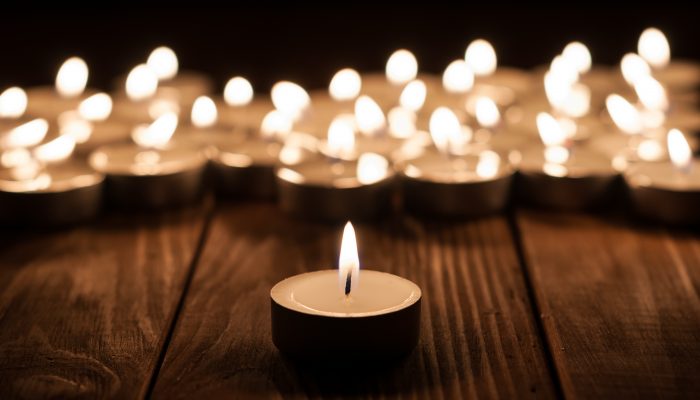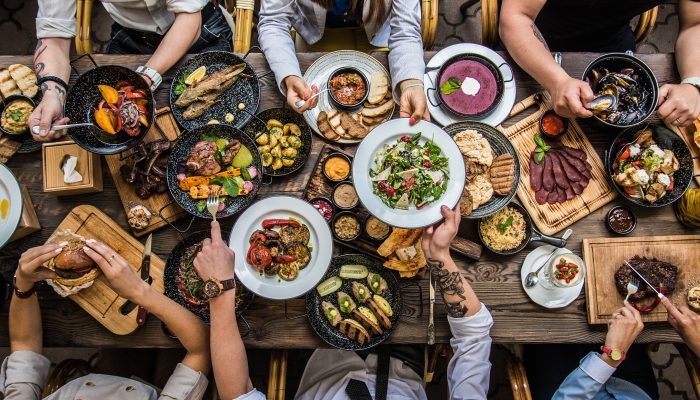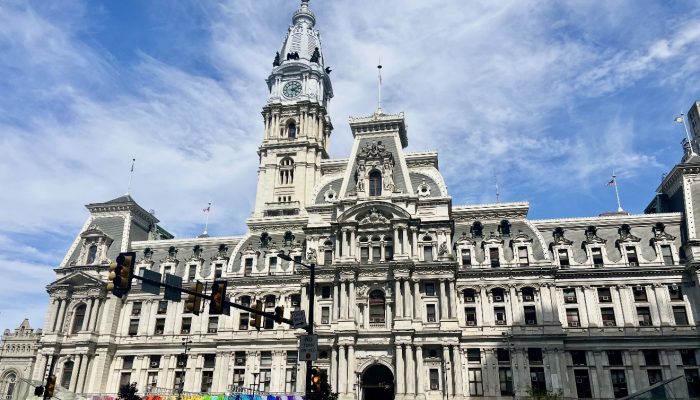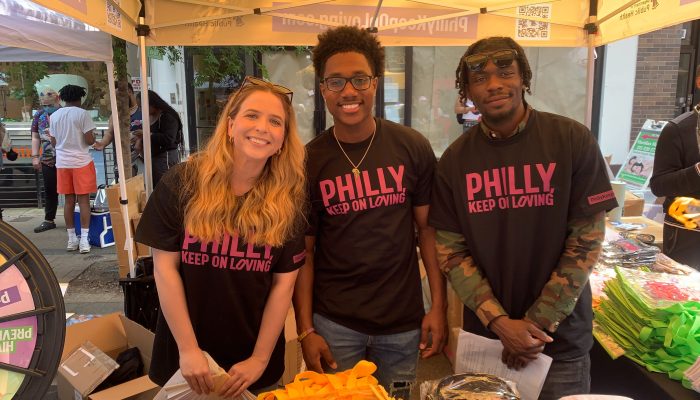Read our Funeral guidance.
The COVID-19 pandemic has magnified and complicated the already difficult experience of losing a loved one. Many deaths from COVID-19 have occurred suddenly in people we would have expected to live for many more years. They often take place far from family, in hospitals and nursing homes that have had to ban visitors to help stop spread of the infection. What’s more, many of our usual burial practices and mourning traditions have been disrupted due to the continuing threat of the virus. Read our reopening guidelines for funerals.
Burial practices
Burial practices are meant to bring comfort to those who have lost loved ones. They represent the last service we can provide to those who have died. Unfortunately, traditional burial practices such as washing and wrapping the body may also bring risk to the living. COVID-19 is primarily spread through respiratory droplets but can also spread by touching someone contaminated with the virus. Use of personal protective equipment (masks, gloves, eye protection, and gowns) can help decrease this risk, but this equipment is in very short supply and is being reserved for protection of healthcare workers in their work to help the living. Washing and wrapping the body could potentially cause some virus particles to become airborne, putting those nearby at risk. Because of this risk, these practices should be avoided at this time.
Funeral and mourning gatherings
Funeral and mourning gatherings also put attendees at potential risk by bringing people together, particularly because people with COVID-19 infection can be contagious for several days before they develop symptoms. Some people can be infected but never develop symptoms.
While these restrictions are particularly difficult at times of mourning, there are still ways for people to gather virtually to mourn and to memorialize loved ones. Funeral services can be conducted by a single individual and streamed via an online platform to other attendees. Some platforms, for example Zoom, allow multiple people to speak in turn. And of course, it is important for mourners to connect by phone with each other to support each other at this difficult time.
Religious leaders across the Philadelphia area have united in instituting practices to support the safety of their congregations and communities. If you have questions about burial and mourning practices, we encourage you to reach out to your religious leader for more information.




